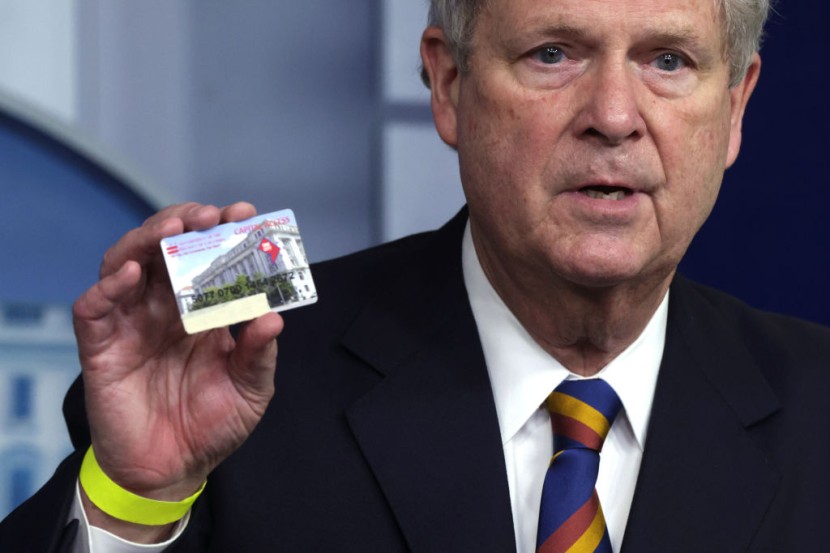The United States Department of Agriculture (USDA) said on Wednesday, Jan. 10, that summer food benefits are expected to be distributed to almost 21 million children in America and its territories under a newly permanent federal program.
Government officials claim that the Summer Electronic Benefits Transfer (Summer EBT) program is intended to strengthen other summer programs with a smaller impact. About 35 states, five US territories, and four tribes have chosen to participate.
Tom Vilsack, the agriculture department secretary, said in the interview with The Associated Press: "No child in this country should go hungry. They certainly shouldn't go hungry because they lose access to nutritious school meals during the summer months."
After the USDA tried Summer EBT for a few years, Congress made it permanent in December 2022, effective in 2024. The USDA said that in the summer of 2025, the states that did not opt-in this year would have another opportunity to do so.

Program Coverage
In its initial year, Summer EBT will cover around 70% of the eligible population, which includes families with children who qualify for free or reduced-price meals. This means families must be at or below 185% of the federal poverty level.
American families encountered food scarcity in 2022. That increased from 13.5 million in 2021 when government food assistance was more accessible due to the pandemic.
This summer, families who qualify will get $40 per month. That is about $120 for each kid. Stores that accept Supplemental Nutrition Assistance Program (SNAP) benefits may load the funds onto an EBT card, allowing customers to shop at participating locations.
In 2024, the Summer EBT program is projected to provide a total of $2.5 billion in food benefits, according to the USDA.
See Also : Iowa Gov. Kim Reynolds Proposes Improvement in Education, Healthcare in Annual State Address
Optional Participation
One of the four indigenous communities participating in the first summer is the Cherokee Nation. As stated by Chief Chuck Hoskin Jr. of the Cherokee Nation, it was decided easily.
He expressed concern about the financial strain on households due to rising rent and other housing expenses, stating, "This puts a dent in that overall problem by empowering parents to just simply be able to go out and purchase more food and some healthy options that are available."
Meanwhile, Oklahoma, home to the Cherokee Nation's administrative offices, chose not to participate in Summer EBT. Other states that opted out include Alabama, Alaska, Florida, Georgia, Iowa, Louisiana, Mississippi, Nebraska, South Carolina, South Dakota, Texas, Vermont, and Wyoming.
For Nebraska, Iowa, and Oklahoma, not joining Summer EBT was because they already had programs that fed children during the summer.
On the other hand, Texas Health and Human Services Commission spokesman Thomas Vasquez stated a Summer EBT program was not feasible this year due to late December USDA guidelines, the work required to create a new program, and the requirement for state legislator funding.
© 2025 HNGN, All rights reserved. Do not reproduce without permission.








